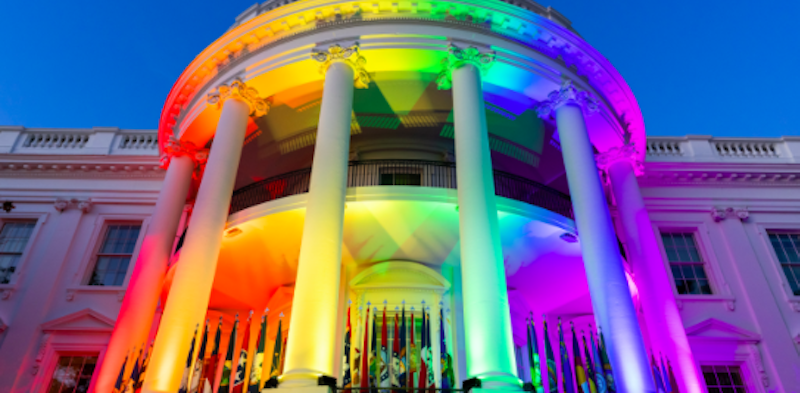Earlier in the week, President Biden signed into law the Respect for Marriage Act, a piece of legislation written to strengthen protections for same-sex and interracial couples who wish to marry. In remarks on the White House lawn, Biden stated that the legislation “takes a final step toward equality, toward liberty and justice, not just for some, but for everyone.” Opinion polls consistently show support among the population for same-sex and interracial marriage, but obstacles to marriage have less to do with one’s sexual orientation or race, and much more to do with material standing. This factor, though by no means the only one which effects marriage and divorce rates, is part of a developing historical process bolstered in the decades after the so-called “sexual revolution,” and underpinned by declining economic prospects for working-class Americans.
Divorce, perpetual single-hood, and stagnating wages have risen for poor and working-class Americans since the 1970s. More workers are cohabitating instead of marrying, due, at least in part, to the greater likelihood that they’ll come from divorced homes themselves, low-wage, meaningless work, working age men leaving the workforce all-together, and unemployment. Biden’s contention that the US, by the signing of the Respect for Marriage Act, will be a place where “decency, dignity, and love are recognized, honored, and protected” is contradicted by the widespread belief among workers that “no one cares.” Moreover, on the cultural front, Gen Z is demonstrating that it’ll continue the trend of its generational predecessors by delaying marriage which will further diminish the institution, even though married couples of all classes fair better economically, and report higher degrees of contentment.
There are sensible ideas presented that, if implemented at scale, might help those in poverty attain the “American Dream.” But these ideas seldom receive attention. Instead, the focus is on the fringes of political “discourse,” and notions from both the left and right range from a little strange to insane. As for the fringes on the left-wing, the empty rhetorical slogan to “abolish the family” has made the rounds. The provocative slogan will do little to provide assistance to working Americans who desire marriage and family, but it might sell a few books. The fact that the left-wing would think masses of American workers would be moved to action by such vacuous prescriptions indicates only how out of touch they are.
If the left-wing wants to get rid of the family all together, the right-wing fringe are still fighting battles that are long since finished, at least, according to the majority of Americans. Figures like Matt Walsh, an outspoken conservative critic, took to Twitter on Tuesday to warn his followers that the signing of the Respect for Marriage Act into law was cover for drag queens who want to perform in front of children. And though this activity does happen, what the bill actually is, unbeknownst to Walsh, is amodest, meaningless, dud. Most workers don’t care and can receive no succor from these quarters, so why let them run the conversation?
Despite the press coverage, Biden’s signing of the bill will likely be met with a yawn by most working-class and poor Americans, regardless of their race or sexual orientation. Faced with difficult prospects for a secure, middle-class life of marital happiness, and beset by cultural trends which are anti-human, perhaps the only choice left for America’s invisible citizens is to brace against the cold wind, turn up their noses at the nostrums of their betters, and seek genuine warmth and solidarity among each other.

